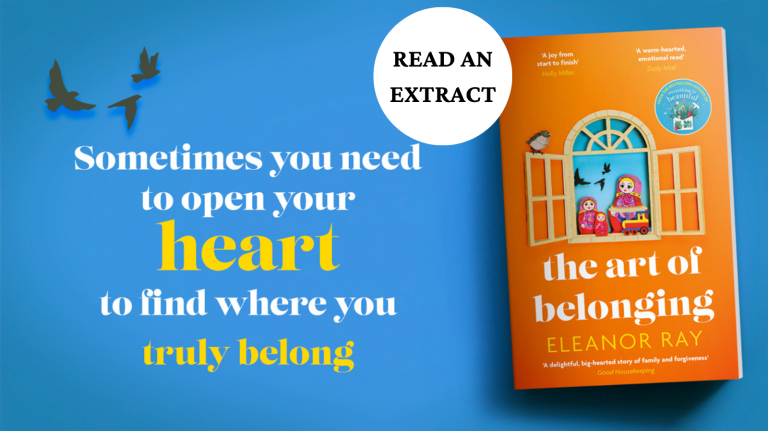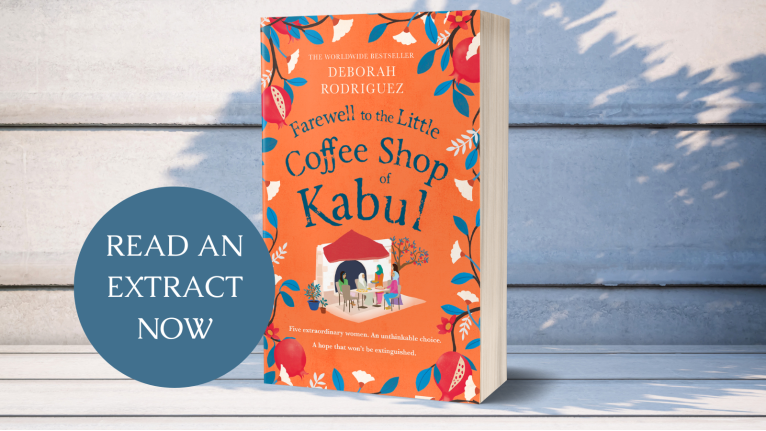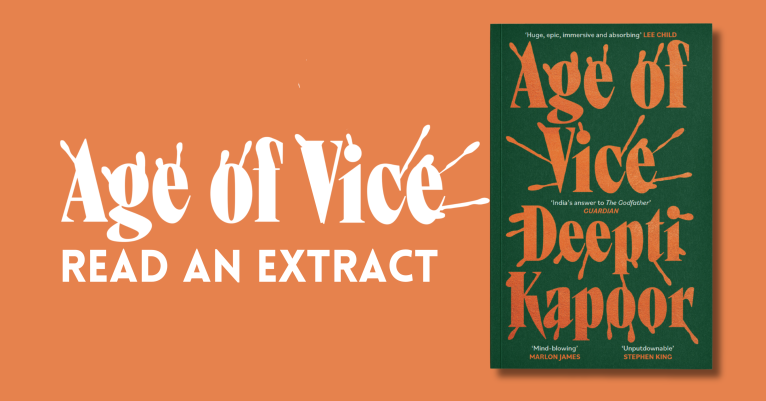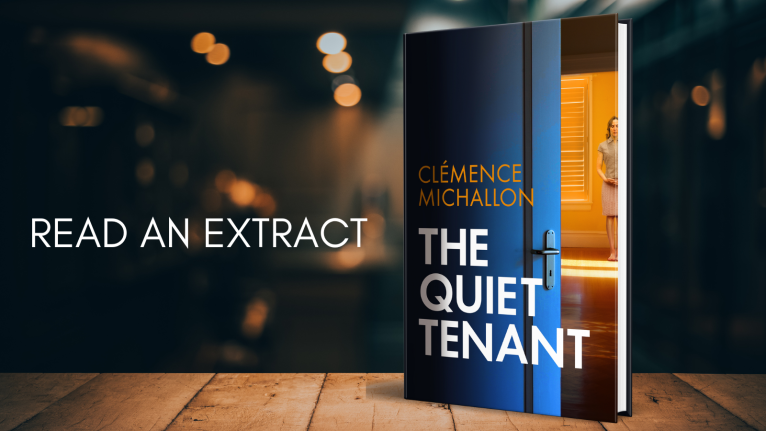Read an exciting extract from The Testimony of Alys Twist
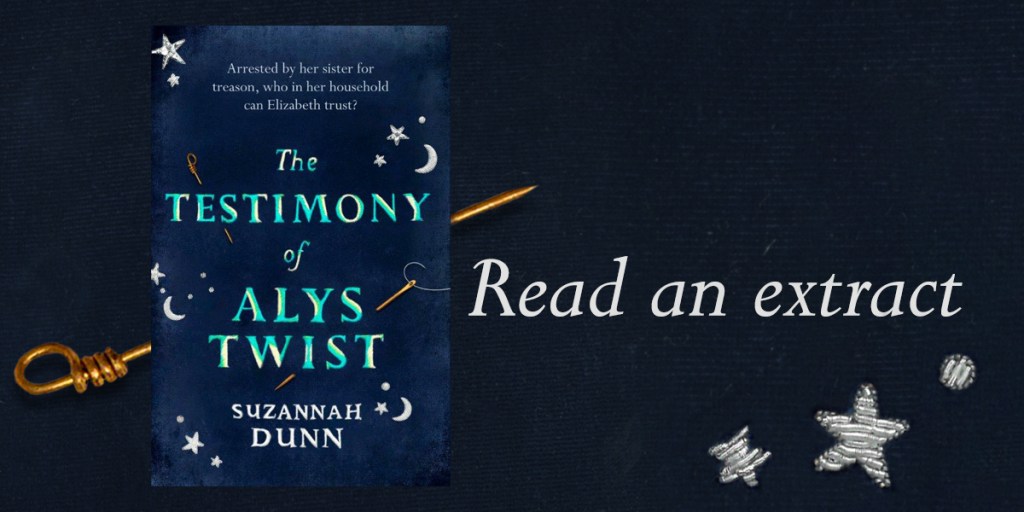
Chapter One
Parchment Halo
I remembered it once said, when I was small, that I would go far. Whoever had spoken over my head had been right, I thought, because just twenty or so years later here I was, arriving to work at the palace, and no servant gets further than this.
Fresh off the wherry-boat, foot in the washroom door, I was all smiles for the pair introducing themselves as my fellow laundresses: Mrs Fox – more ox-like than fox-like – and her sourpuss sidekick, Kay. I was only too aware I was no choice of theirs, but a recommendation taken up by whoever at Whitehall did the hiring and firing. And, worse, three’s a crowd. So busy was I with the smiling that I didn’t spare a second glance for a young woman, small and neat in periwinkle mockado, who passed us on her way to what I would later learn was the drying room.
Introductions over, I was directed to my lodgings – the Wiltons’ house on Kings Street – and when I returned to the laundry a half-hour later, there was no sign of the laundresses. Instead a ruddy-faced royal-liveried man came bounding across the deserted washroom towards me: ‘Mistress Twist?’
Well, there was no denying it.
He said he was Mr Hobbes, Yeoman of the Robes, and would like to borrow me to cast my gaze over the queen’s wardrobe: he’d value an expert eye, he said, and I had to stop myself from looking over my shoulder, because any eye I had was for linen, not the silks and wools of gowns. Mistress Fox had been so kind, he said, as to lend me for the day. Neither she nor the sharp-faced sidekick were in evidence to confirm or deny it, and who was I to argue with a man in uniform? So, out of my depth before I’d even started, I did my best to look competent, snatching up my pouch of fuller’s earth and a couple of my flasks of flower waters: wood sorrel and celandine, if only because those had the tightest stoppers. I took no soap – gowns can’t be soaped – and followed him from the laundry back to the riverside steps, which was when I queried: ‘Wardrobe?’
‘Baynard’s.’ He inclined his head downriver. ‘Castle. In the city. Sorry, should have said. Queen’s Wardrobe. Department of.’ That glorious mid-October morning could have been the finished article, with every previous day a mere stab at it, a muddling-through, a haphazard, half-hearted ensemble of cloud and sky, and I felt tenderly for the girl I had been, who had sometimes found life hard: if only she could have known that this was waiting for her.
A river trip in any weather, though, would beat slaving in the laundry under the sceptical eye of that Mrs Fox. ‘Lend’ was how Mr Hobbes had put it, but I doubted Mrs Fox felt too deprived. She had been careful to smile, but her narrowed eyes had held me at a distance, as if between finger and thumb. Done with a semblance of good humour, as if I were a joke that we were sharing rather than one of which I was the butt.
The river was crammed with luxurious barges, their flags portraying lions, bears and unicorns mid-prance among portcullises and towers: silken proclamations of the time-honoured place of each noble family at the heart of an age-old, rock-solid England. In truth, those families had been at each other’s throats just a couple of months back, if only for the few chaotic days after the boy-king’s death.
I could have pinched myself, not just to see this glittering new world but to be slap bang in the middle of it: me, little orphan girl, got up in glad rags. Over the years, I had laundered in ever larger households – countesses, duchesses – but never imagined I would work for royalty. Yet here I was, laundress to the new queen, who was the first ever to rule in her own right, and if that was extraordinary to her subjects then it must be at least as marvellous to the queen herself, I thought: her day come, after a lifetime of being shunned, denied, vilified.
It took our wherry some doing to leave the palace behind; Whitehall’s wall extended for miles, but I savoured the intricate brickwork, running my gaze over it as a fingertip over a weave, a welcome distraction from the pair of oarsmen to whom Mr Hobbes and I had to sit improperly close. Oar stroke by oar stroke, I urged myself to look around and breathe it in, to believe in it: mine for the taking, I told myself. I’d worked for it, I’d earned it. I’d arrived at my happy ending.
By water was from now on how I would travel, I decided, the river unspooling beneath me as if its sole purpose were to spirit me along. But at the same time, being new to it, I hardly dared breathe, sitting stock still as if trying to escape the river’s notice, hoping that for it to drown me would be more trouble than it was worth. If a river could smile, this one was doing so from ear to ear, but I knew not to trust it. My mother had been a washer-woman – that much I knew – and I had been taken in by those she had worked alongside. none is as wise to water’s slippery ways as a washerwoman, so my younger years were full of warnings to keep off the bank, don’t go onto those rocks, keep away from that well. Water lay in wait for me and I would be lost to it in the blink of an eye. Drowned in a thumb’s depth. Looks pretty, someone had once said to me beside a silvery stream, but never trust pretty.

